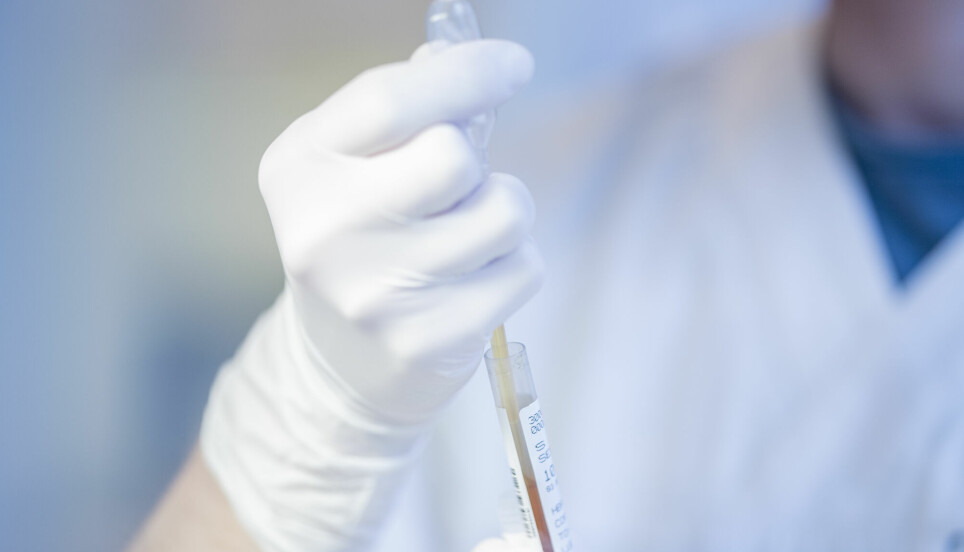
Norwegian researchers hope to be the first to figure out Omicron – collecting biological samples from infected people in their spare time
Established Norwegian covid-studies have allowed for a rapid in-depth Omicron study which is already well on the way.
How serious is Omicron compared to Delta? And what effect do the vaccines have?
In order to answer these questions as quickly as possible, around 30 Norwegian researchers and health personnel are using their spare time to go visit and get samples from people infected with Omicron, who are isolated in their homes, acording to the Norwegian weekly newspaper Morgenbladet.
Other participants in the project are working at a high speed to analyse the tests in the lab.
Analysis- and writing groups are on standby and will be able to convey results as they tick in.
“We can’t beat countries like South-Africa when it comes to the number of patients, but we do have the ambition to be first when it comes to a resource intensive in-depth analysis that can tell us something about the relation between immune response and severity,” Jan Cato Holter says to Morgenbladet.
Holter is a specialist in medical microbiology and infectious diseases at Oslo University Hospital.
“It is quite clear that this variant is quite happy in the respiratory tract, also with those who have had their two vaccine doses. Nearly everybody experiences respiratory symptoms. We believe this, paired with the virus’s ability to evade immunity, may explain why it is so contagious,” Arne Søraas, physician-scientist at the Department of Microbiology, Oslo University Hospital, says to Morgenbladet.
Søraas and Holter are both in charge of large Covid-studies in Norway, and have now gotten together in order to crack the Omicron-code, at speed.
Lockdown take two
The Norwegian Institute of Public Health earlier this week warned that “the Omicron variant is becoming established in Norway and will soon dominate”.
The NIPH wrote in a risk assessment dated Monday December 13 that “In a preliminary scenario, we estimate that in three weeks there could be up to 90,000 and 300,000 cases per day and 50 to 200 admissions per day if the measures do not slow the epidemic significantly.”
Norway’s population is just under 5,4 million people, meaning the NIPH believe the entire population could be infected in a very short period of time.
Following these estimates, the Norwegian government have implemented some of the strictest rules since the first lockdown in April 2020. The country is also looking to speed up the programme for booster vaccines.
Uniquely set up for quick in-depth Covid resarch
Already before a by now infamous Christmas party Omicron outbreak in Oslo, Norwegian researchers were set up to do in-depth studies of any new variant that would come along, Morgenbladet writes.
Holter is the project manager of The Norwegian SARS-CoV-2 study, which is part of a greater international network. His main studies concern patients hospitalized due to Covid-19 and reasons for why some develop serious disease from the virus.
The first patient to be hospitalized with Covid-19 in a Norwegian hospital was also the first patient to take part in Holter’s study.
Søraas is behind the so-called Corona study, Koronastudien. Based on digital surveys, the study has followed 140 000 Norwegians throughout the pandemic. The study has become a sort of umbrella for other research on Covid, as participants have also submitted various biological tests in addition to responding to surveys.
The two studies together have a legal structure in place that have allowed for the rapid onset of the Omicron-study, Morgenbladet writes.
“This is the reason for why we were able to quickly catch the first patients with Omicron, and can follow them into the hospital and after they are discharged,”, Holter says.
The two researchers cannot reveal whether any of the participants in the study have become seriously ill. According to the infection controller in Bydel Frogner, none of the infected from the Christmas party outbreak needed to be hospitalized.
































